How To Translate Trump
Trump's Former National Security Advisor Gives Some Pointers
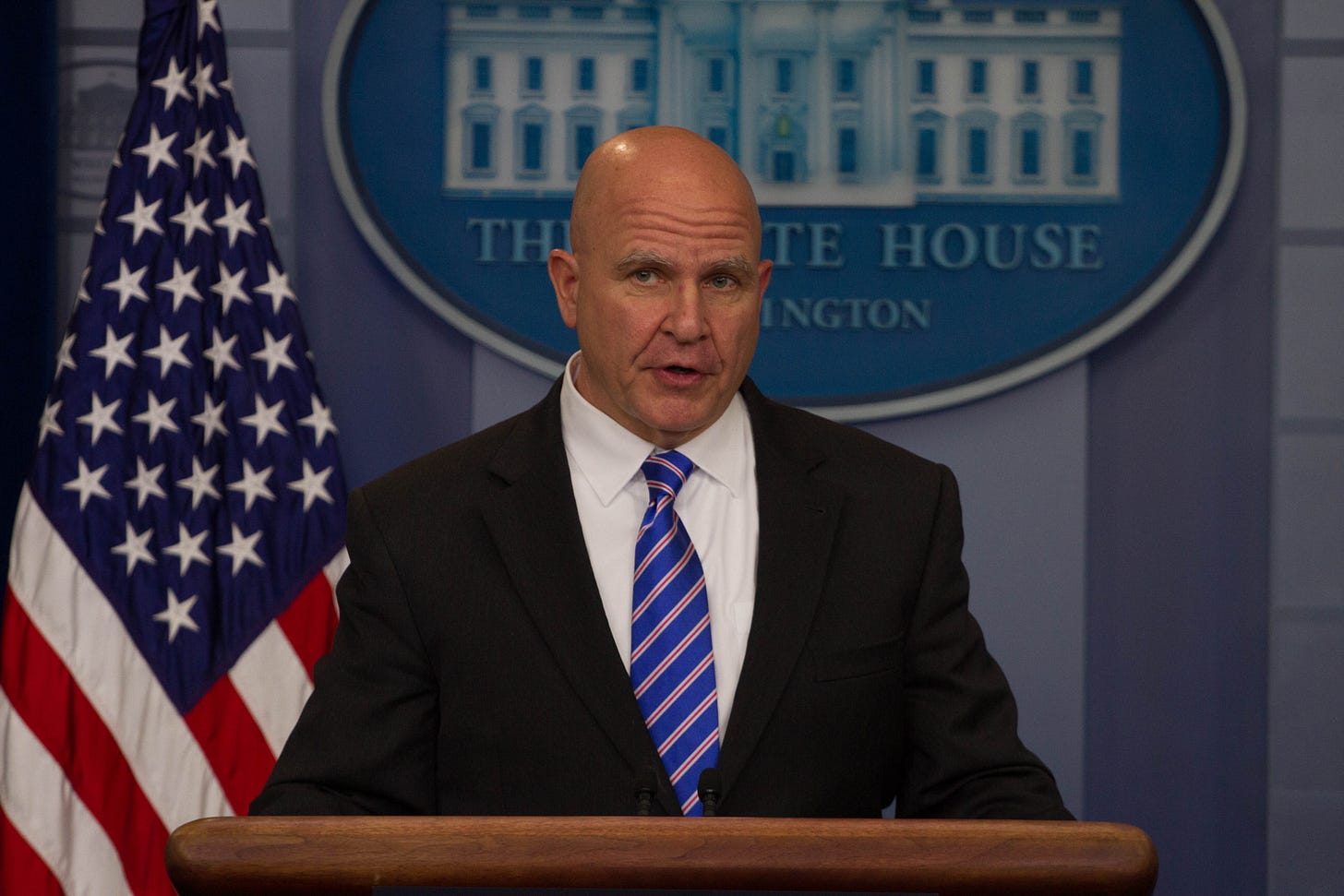
You can all relax! Despite what you’ve heard from the horse’s mouth, Donald Trump is not going to send US troops to invade the Panama Canal, or Greenland.
How do I know this?
Yesterday I sat through a fascinating, on-record discussion with Trump’s former National Security Adviser, Lt. Gen. H. R. McMaster at the Council of Foreign Relations.
McMaster, a three star General about whom I heard a lot when I reported Kushner, Inc, gave a humdinger of a talk. Perhaps he was motivated because he was there to sell his most recent book: At War with Ourselves: My Tour of Duty in the Trump White House. Or perhaps he was motivated because, as was noted among members of the audience, he’s not going back in to another Trump administration. He did not appear to hold back.
(His honesty could also stem from the fact that, as I recall from my reporting for Kushner, Inc. McMaster was often on a losing wicket in the Trump White House that must have been frustrating for someone used to an orderly chain of command. He was viewed as too moderate and anti-isolationist by the hard core nationalist/populist Bannon wing - and, quite often, also by Trump, who said aloud he had wanted to hire a General with more stars.
McMaster argued, for example, to stay in the Paris Climate Agreement (a battle he lost). And he’d argued Trump should add troops in Afghanistan, not withdraw (another battle he lost). Plus, the end of his very brief tenure of just over one year, was marked ignominiously when Trump rushed in the more hawkish John Bolton as a replacement.)
So here’s what McMaster had to say about Trump’s recent “let’s go acquire them” pronouncements on Greenland and the Panama Canal (which he acknowledged as “outlandish” or “what many would regard as outlandish”…but, he also said, there’s “something behind it”).
Whenever Trump speaks about anything, McMaster said, he’s basically asking four business questions:
Why do we have to do it?
Why can't somebody else do this?
How much does it cost?
How do we get other people to pay more?
In the case of Greenland, McMaster said: “I think there's a recognition that not enough has been done in the area of security either by Denmark or NATO or the US bases there to secure Greenland. And it's very important as claims to the Arctic become even more important.”
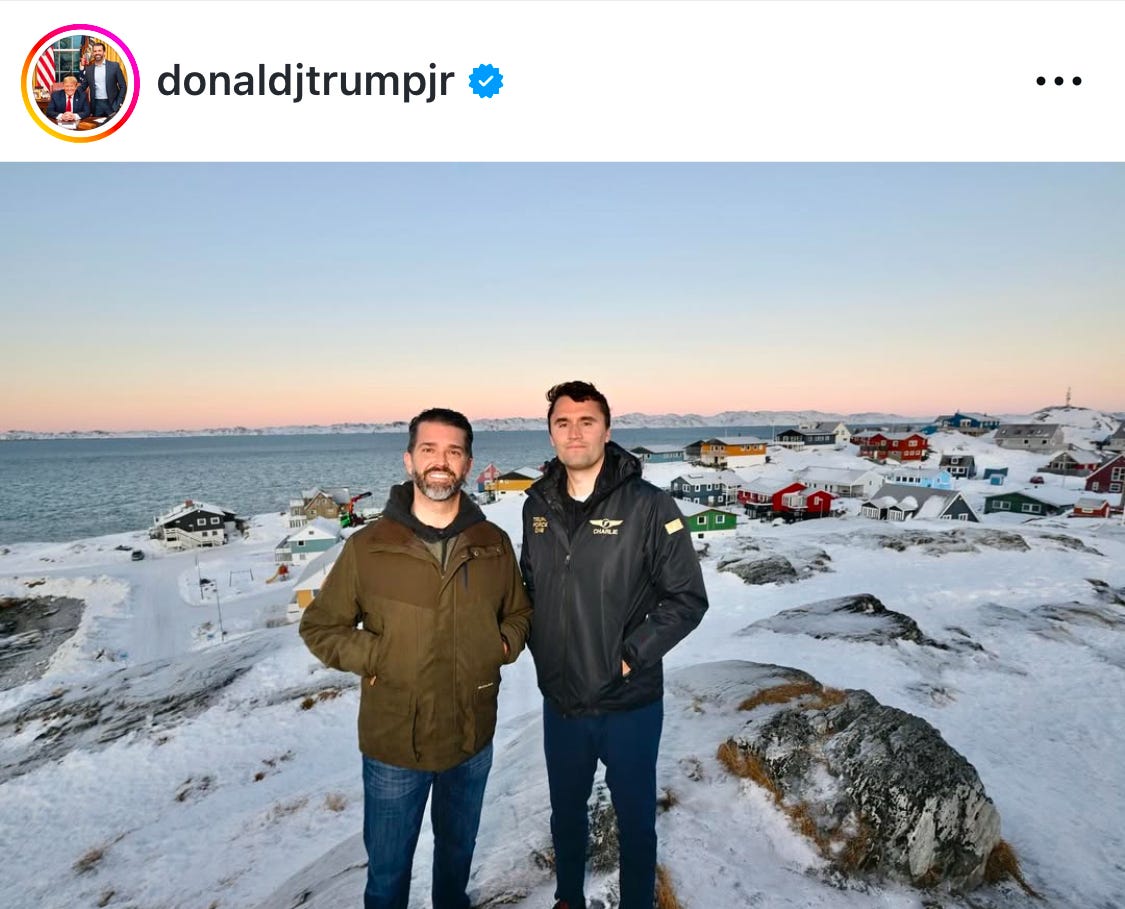
And regarding Panama: “Maybe he thinks we’re probably getting a short shrift there in the canal paying too much and so forth. And he's concerned about China's influence in Panama, which you should be concerned about. … I think we went for six years in Panama without an ambassador there, something crazy like that.”
He compares both cases with the moment when Trump asked him “General, Why can’t we just go bomb the labs?” (Meaning the clandestine labs owned by the cartels making fentanyl in Mexico.)
“I don't think he was really asking me for options to bomb the labs, but what he was saying is: ‘Hey, 90,000 Americans are dying every year from fentanyl poison that's coming across our border. What we're doing right now is not working. Why don't you bring me some options? ”
There’s good reason to think, McMaster said, that the incoming team understands how to translate Trump.
“These are really clearly his people. I mean, Donald Trump didn't know me or Rex Tillerson or Jim Mattis or anything. So those who wanted to kind of kneecap us or to create a rift between the president, it was easy for them to do.”
He’s a fan of the incoming National Security Advisor, Florida congressman Mike Waltz, calling him, “extremely accomplished…He's got a great personality and disposition to foster collaboration you need across the government and internationally.”
Regarding the proposed new Director of National Intelligence, Tulsi Gabbard, and Secretary of Defense, Pete Hegseth, he said he trusts in the confirmation process to determine if they are the right people to serve the presidency.
Of Gabbard, he said: “I think it's really going to be difficult, for example, for the DNI nominee to deal with the split screen of the exhumation of a hundred thousand tortured bodies south of Damascus and having dinner with Assad.”
We shall see.
Other highlights from his talk that seem to have gone under the radar and perhaps deserve notice:
Regarding Iran’s nuclear program: “I think there's maybe a hundred percent chance that Israel will strike the elements of that program and missile program in the next few years.
On China: “you might think I'm kind of crazy for saying this, but I think that China is laying the groundwork for first strike nuclear capability against the United States.”
And, of course, I wasn’t going to let the moment pass without asking him what he felt about the possible risk to national security given that Saudi Arabia has so much financial influence over the Trump family, particularly Jared Kushner.
“Well, thanks,” he answered, clearly meaning the opposite.
“Well, I guess what I would say is, I don't know. I don't know,” he said.
But he did praise Kushner for the Abraham Accords.
Which was interesting, because I reported in Kushner, Inc. that the Washington Post reported in February 2018 that McMaster had to talk to Kushner about how his “freelancing” with foreign officials had come up in McMaster’s intelligence briefings.
At the end, I thanked him, shook his hand and gave him my card and promised I’d be in touch as I get ready to chronicle the next administration.
There’ll be plenty to discuss.
As he put it on-stage: “It is going to be not boring.”



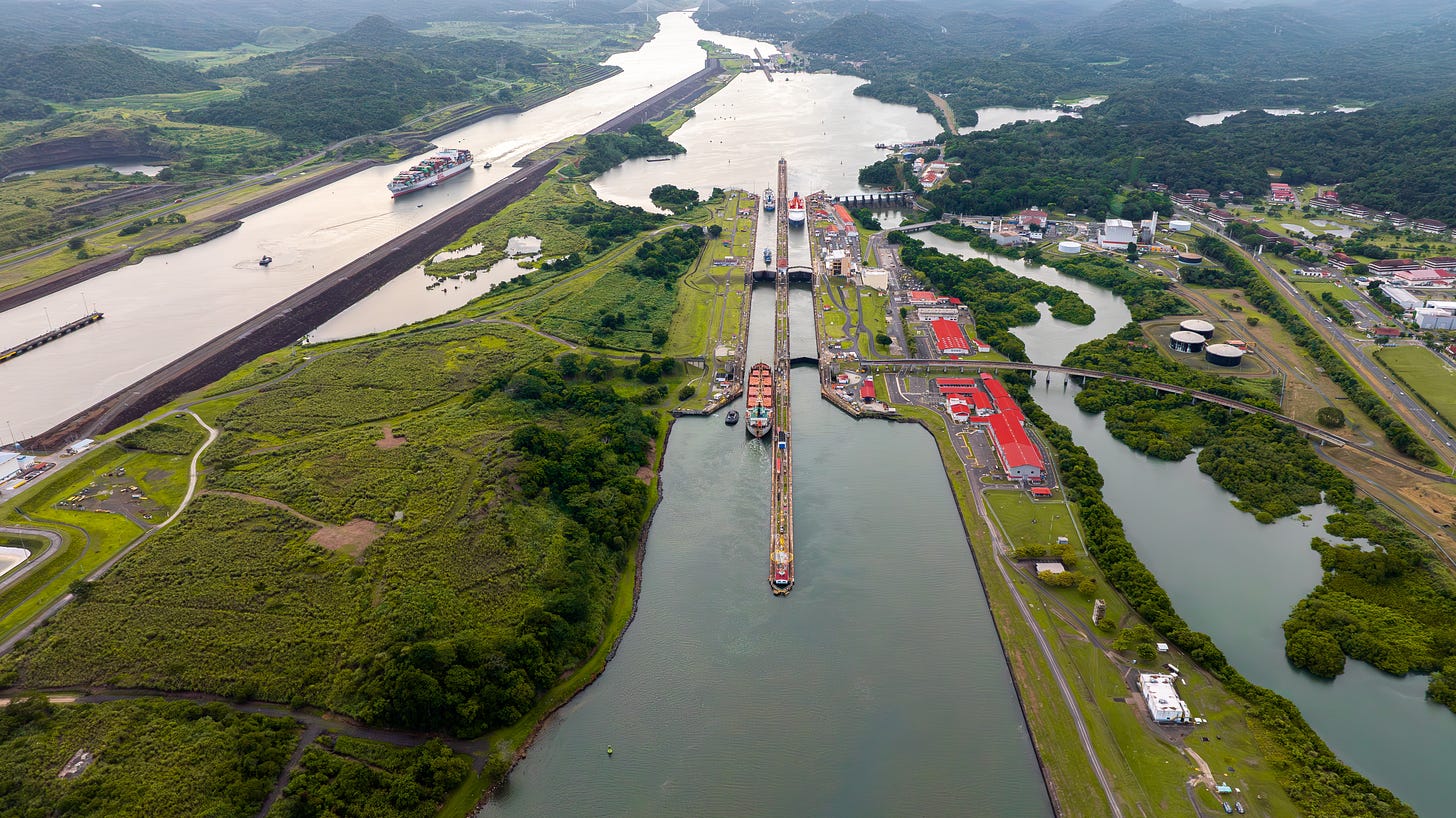
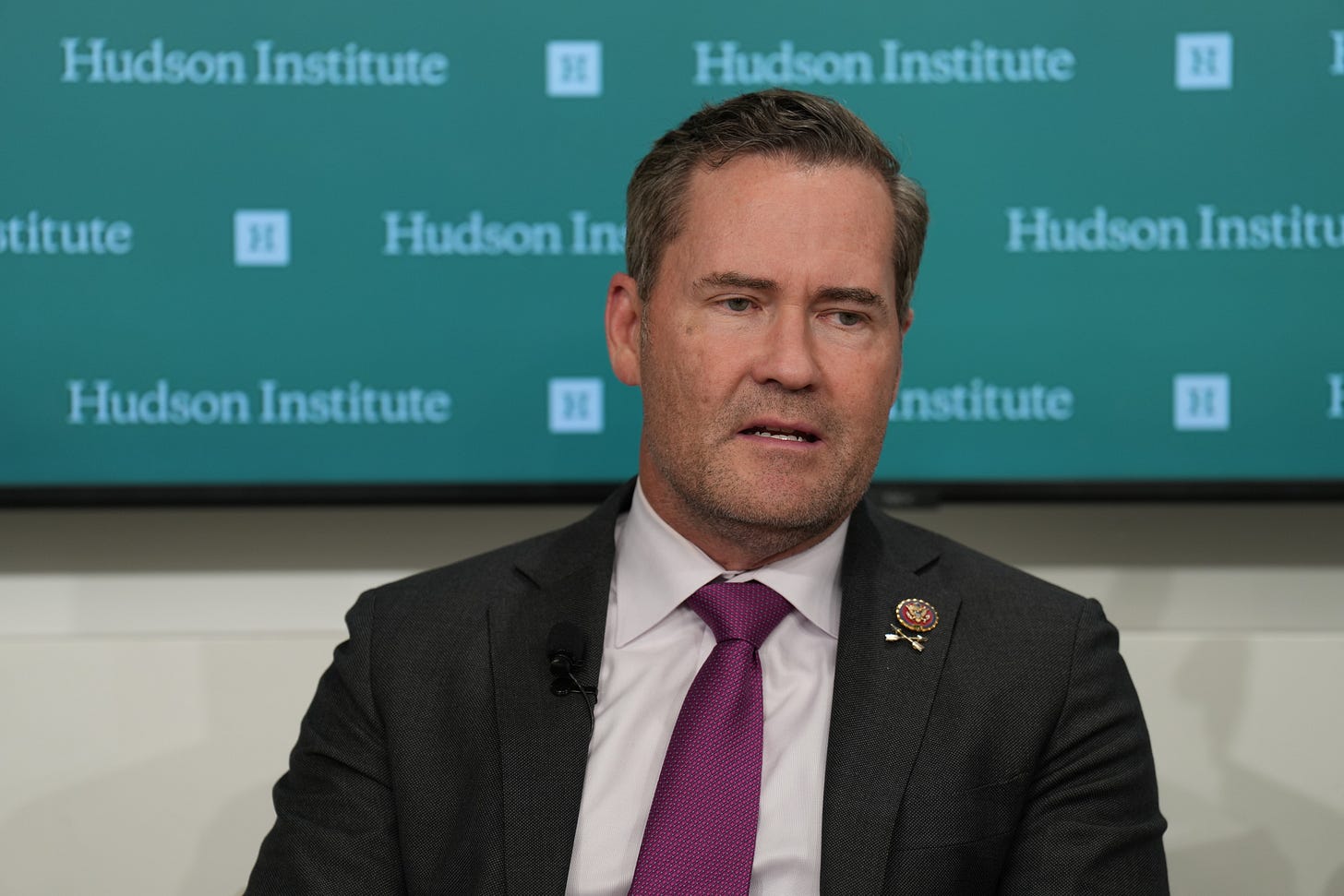
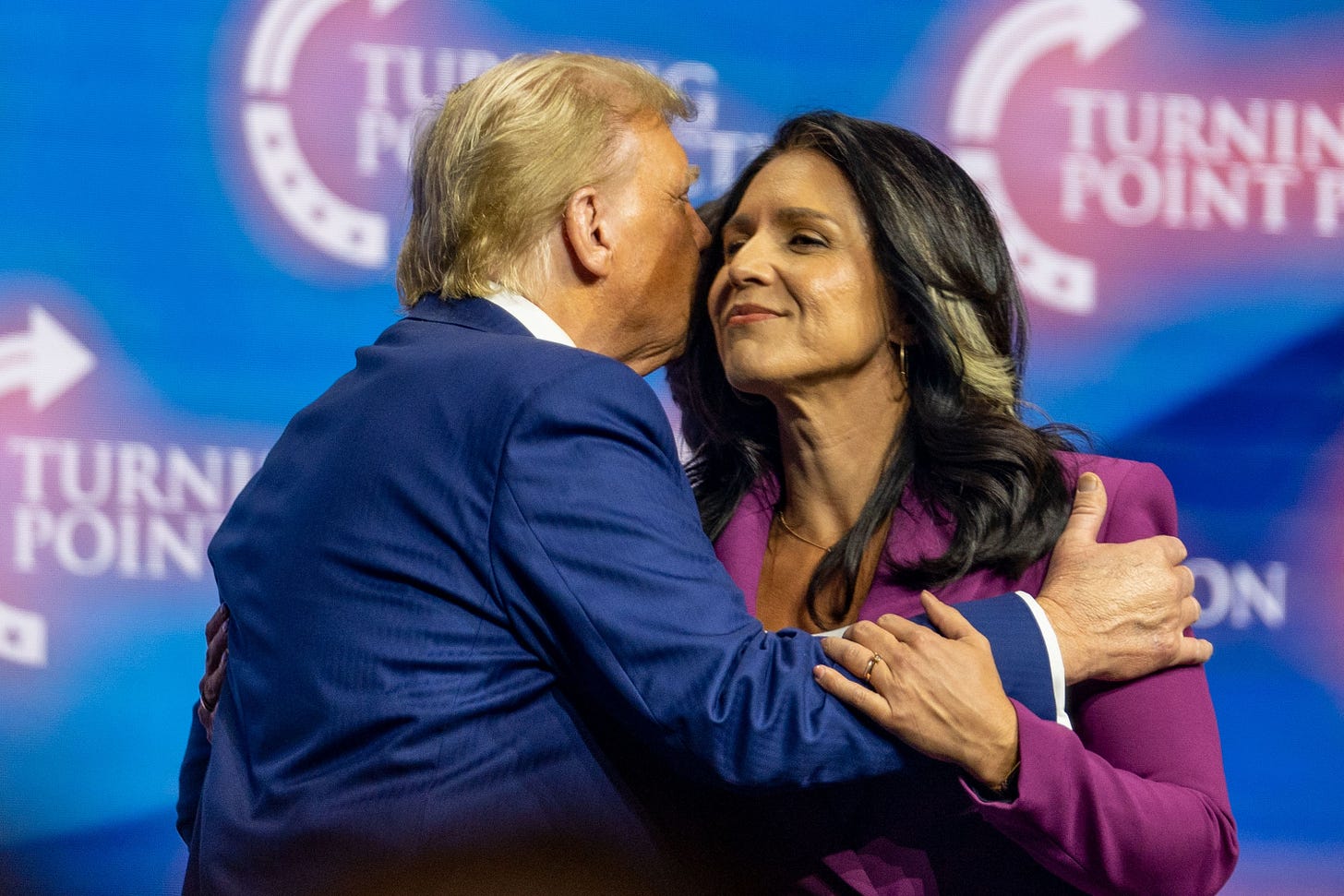

“but I think that China is laying the groundwork for first strike nuclear capability against the United States.” China already has first-strike capability. What they don’t have is the ability to prevent the subsequent counter-strike. Did he mean China was aiming for that? An extremely ambitious goal. Not to mention it would mean destroying their most important export market.
Nice and fair-minded reporting of the facts.